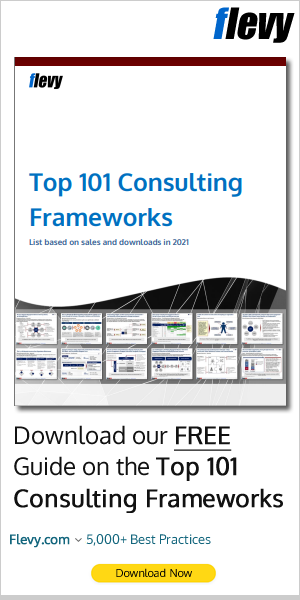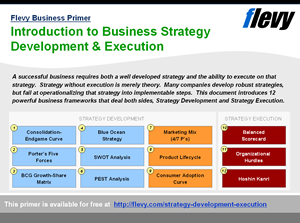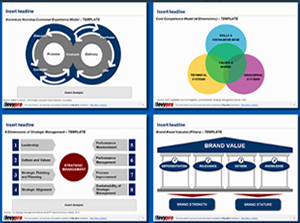Organizations that do not define an organizational culture leave the door open for the culture to define itself—which is often fraught with dissatisfaction, toxicity, and misalignment. Corporate Culture, Organizational Culture, or Workplace Culture all share the same meaning. The term represents the shared beliefs, values, attitudes, and behaviors that describe an organization and its employees. […]
Tag Archives | organizational culture

Cultural Web Model

BU-driven Organizational Workforce Planning
HR leaders excel at Workforce Planning at the business unit level, but face obstacles when it comes to effectively integrating their insights. By understanding the complexities of how business unit input is incorporated into the creation and implementation of workforce plans, HR leaders can gain the ability to steer a unified and effective organization-wide Workforce […]

Organizational Elements Model
Organizational Analysis is critical for improved Performance and growth. The Organizational Elements Model provides a systematic approach to Organizational Analysis. It is a potent tool to evaluate an organization, comprehend its competitors and their strengths, and track problems. The Organizational Elements Model provides a way to view an organization holistically. The model facilitates in examining […]

Business Case for Diversity and Inclusion
Diversity and Inclusion are 2 interlocked ideas. However, they are anything, but interchangeable. Managing Diversity and Inclusion (D&I) involves actions beyond policies, programs, or headcounts. Diversity pertains to representation of races, ethnicities, and other minority groups in an entity or in other words the make-up of an organization. Inclusion represents the degree of value given […]

Global Agile Implementation and Local Culture Considerations
In today’s modern era, driven by Technology and Innovation, organizations can only survive if they are swift and agile; and have the capability of learning and adjusting rapidly. Establishing methodologies that introduce flexibility and agility to a team or business is an absolute necessity for companies to survive in today’s business environment. Organizations have become […]

3 Key Elements of Performance-driven Culture
A strong, positive Organizational Culture fosters a good feeling in employees about their work and the work environment. Nourishing such a culture demands key behaviors to be keenly managed by looking for and recurrently strengthening Bedrock Behaviors. Bedrock Behaviors is a set of acts that has the influence to initiate a domino effect, altering other […]

3 Drivers for Implementing an Innovation Culture
Achieving the status of the Most Innovative Company of the Year is what most businesses aspire to. Innovation-centric research by Boston Consulting Group (BCG) in 2014—comprising of over 750 businesses in 17 different markets—brought to light some striking insights, in addition to rating the most innovative companies of the year. The organizations that grabbed top […]

Managing Disruption
Recessions force leaders of almost all organizations, across the world, to contemplate about the impact of a profoundly Disruptive crisis. Facing this crisis, some leaders flourish, causing their organizations to become stronger. Some clearly stagger through. Still others are mere spectators to their organizations’ downfall. Organizations that endure serious Disruptions are expected to emerge more […]

10 Hidden Strategic Opportunities
Potential opportunities always surround leaders. It is up to them to pounce on those or regret overlooking them when someone else takes advantage of them. Leaders’ personal beliefs and assumptions often clash reality. The trait is categorized as “confirmation bias” in Psychology, where individuals pick the data that supports their existing opinions and approaches and […]

6 Rs of Behavioral Change
Business Transformation initiatives are typically undertaken to solve a pressing issue, bring about improved performance, or to serve customers better. A critical element of the success of such initiatives entails transforming the existing behaviors of the employees across the organization. However, this isn’t a straightforward task. Attitudes and practices get reinforced in people by following […]

Neuroscience of Change
Business Transformation initiatives are typically undertaken to solve a pressing issue, bring about improved performance, or to serve customers better. A critical element of the success of such initiatives entails transforming the existing behaviors of the employees across the organization. However, this isn’t a straightforward task. Attitudes and practices get reinforced in people by following […]

7 Principles of Culture Change
Employee behaviors are critical for the success of Business Transformation endeavors. However, transforming the ingrained behaviors and mindsets of the workforce isn’t straightforward, and when tackled cause the enterprise’s emotional state to go down. Leaders need to identify the components of Culture that are in line with their Corporate Strategy. They have to ascertain and […]













